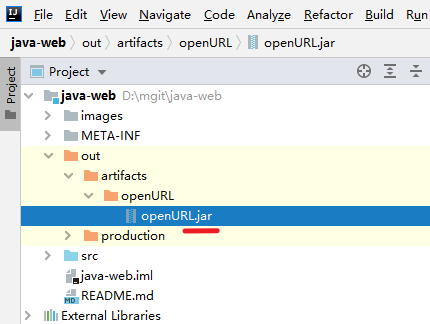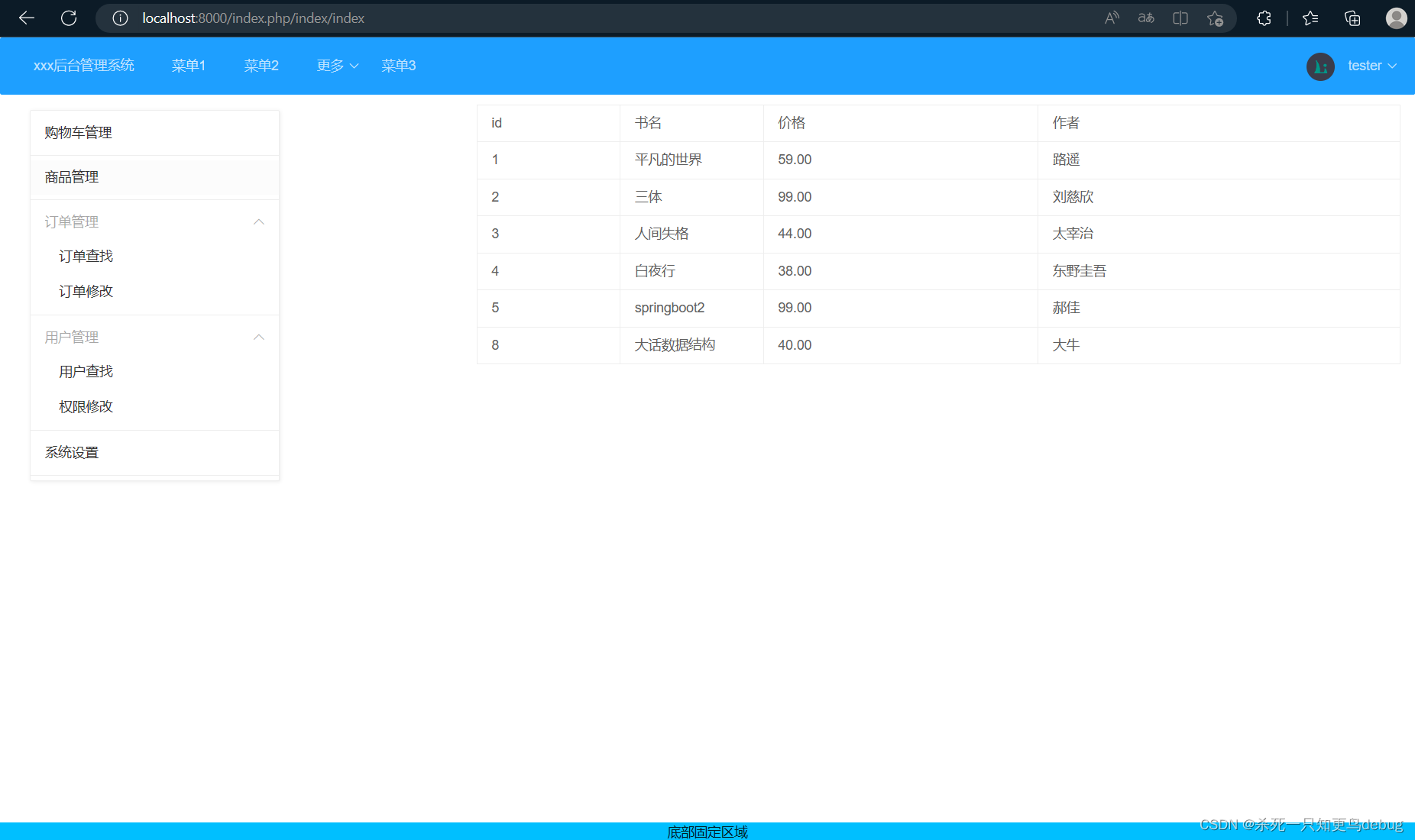effective c++ 04 确定对象被使用前已被初始化
在本节中,作者主要强调了对象使用前一定要进行显式的初始化。其中要区分构造函数中的赋值和初始化。另外跨编译模块的初始化问题需要引起注意(通常可以使用单例模式解决)。
分析
使用成员变量初始化列表进行初始化
在构造函数中,下面的形式是赋值:
//01. Assignments
ABEntry::ABEntry(const std::string& name, const std::string& address, const std::list<PhoneNumber>& phones)
{// these are all assignments.theName = name;theAddress = address;thePhones = phones;numTimesConsulted = 0;
}
下面这样的形式才是初始化:
//02. Initialization list.
ABEntry::ABEntry(const std::string& name, const std::string& address, const std::list<PhoneNumber>& phones) :theName(name),theAddress(address),thePhones(phones),numTimesConsulted(0)
{// the ctor body is empty.
}
确保全局变量已经初始化
Directory的对象构造时会调用tfs对象的方法,然而此时tfs可能还没有初始化:
class Directory
{
public:Directory(){std::size_t disks = tfs.numDisks();}
};总结
- 为内置型对象进行手工初始化,因为c++不保证初始化它们。
- 构造函数最好使用成员函数初始化列表进行初始化,而不是在构造函数内部使用赋值操作。初值列列出的成员变量,其排列顺序应该和它们在class中的声明次序相同。
- 为免除"跨编译单元的初始化次序"问题,请以local static对象提u韩non-local static对象。





